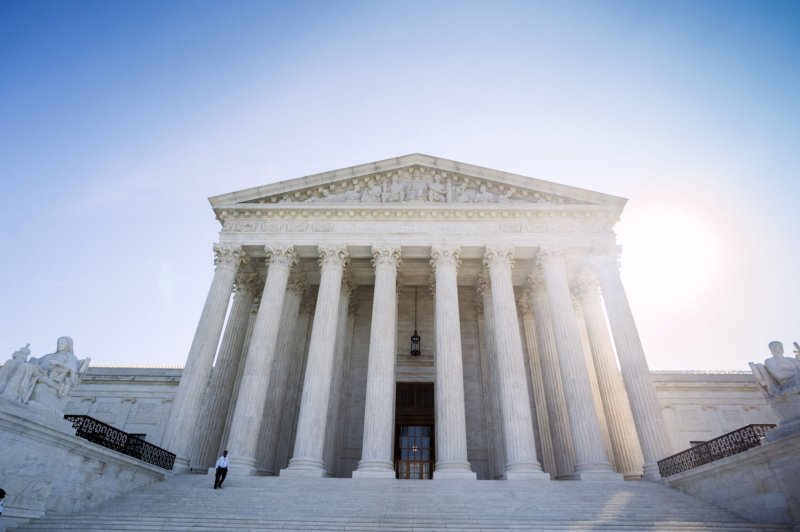March 19 (UPI) -- The Supreme Court on Tuesday ruled that federal authorities can arrest legal immigrants for deportation for crimes they committed years earlier, offering a broader interpretation of an ambiguous federal statute on the matter.
The court voted 5-4 to back the Trump administration in its attempts to detain deportation-eligible migrants with criminal records, even if they served prison time years ago.















